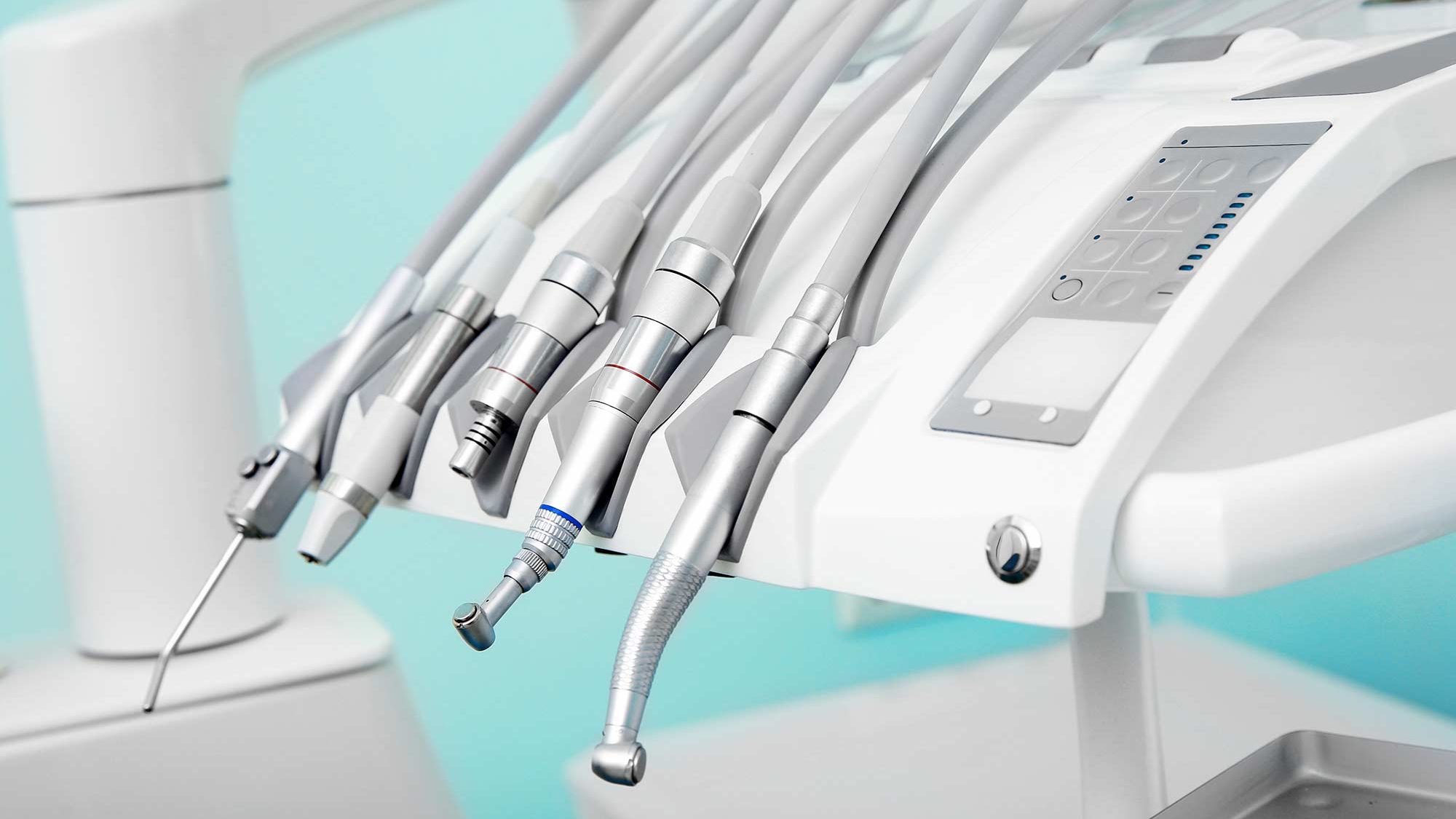 The chief dental officer for England has amended the fallow time requirements for dental practices.
The chief dental officer for England has amended the fallow time requirements for dental practices.
In a new letter to the profession, CDO Sara Hurley has set out the new fallow period times for AGPs.
She emphasises that a post-AGP downtime is still required by Public Health England (PHE). This is for droplets to settle and removal of particles from the air.
Additionally, she points out that fallow time is calculated from the point the AGP treatment stops, rather than the end of the appointment.
New requirements
For neutral pressure room dental surgeries:
- Windows should be opened and extractor fans that vent to the exterior should be used
- It is recommended that the room is left vacant for one hour before cleaning is carried out.
For dental surgeries with ventilation systems:
- Systems should be set to provide the maximum amount of fresh air and air changes
- In a treatment room with 10-12 air changes per hour (ACH), a minimum fallow time of 20 minutes is now considered ‘pragmatic’
- But in a single room with 6 ACH, this remains at one hour.
‘In the interim, thank you for your continued appreciation of the changing and challenging environment in which we all work,’ said Sara Hurley.
‘I continue to trust in the professional judgement of all dental colleagues in knowing their patient populations, their staff and their premises, in weighing-up the risks for any given treatment situation and observing the guidance in delivering or deferring care.’
You can read the full letter here.
Clinical judgement
England is not the only UK country to update its fallow time requirements for dentistry.
Wales was the first to make the move, where a minimum of 16 minutes fallow time is considered appropriate for short AGP treatments (less than 10 minutes).
This only applies to surgeries where at least 10 air changes take place.
For AGP treatments that last 40 minutes, the fallow time increases to 18 minutes.
Additionally, it reminds practices that no fallow time is required for most non-AGP treatments.
CDO for Wales, Colette Bridgman said: ‘We cannot write specific rules for every treatment scenario. The SOP uses available and emerging evidence to outline the safest possible regime practices should use.
‘It now includes more flexibility for clinical judgement, which we know will be welcome. For example, mitigating factors that allow a reduction in fallow time following an AGP from 60 minutes.’
Follow Dentistry.co.uk on Instagram to keep up with all the latest dental news and trends.


